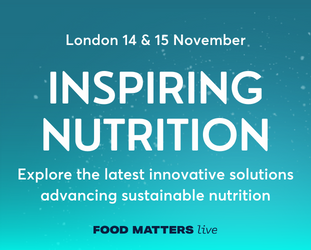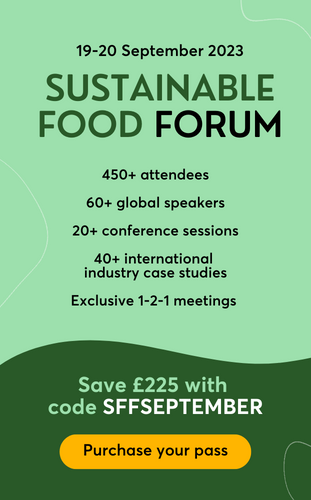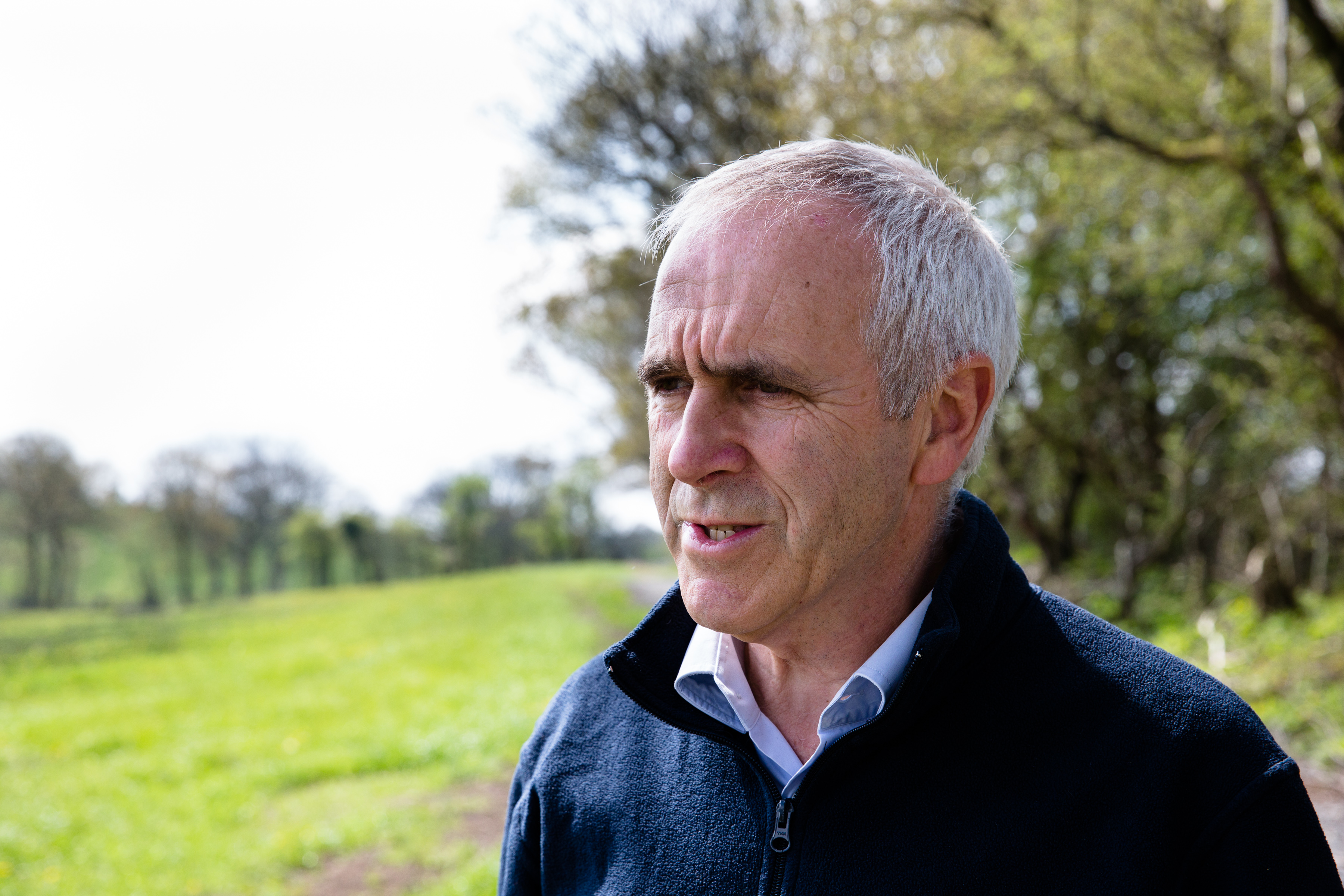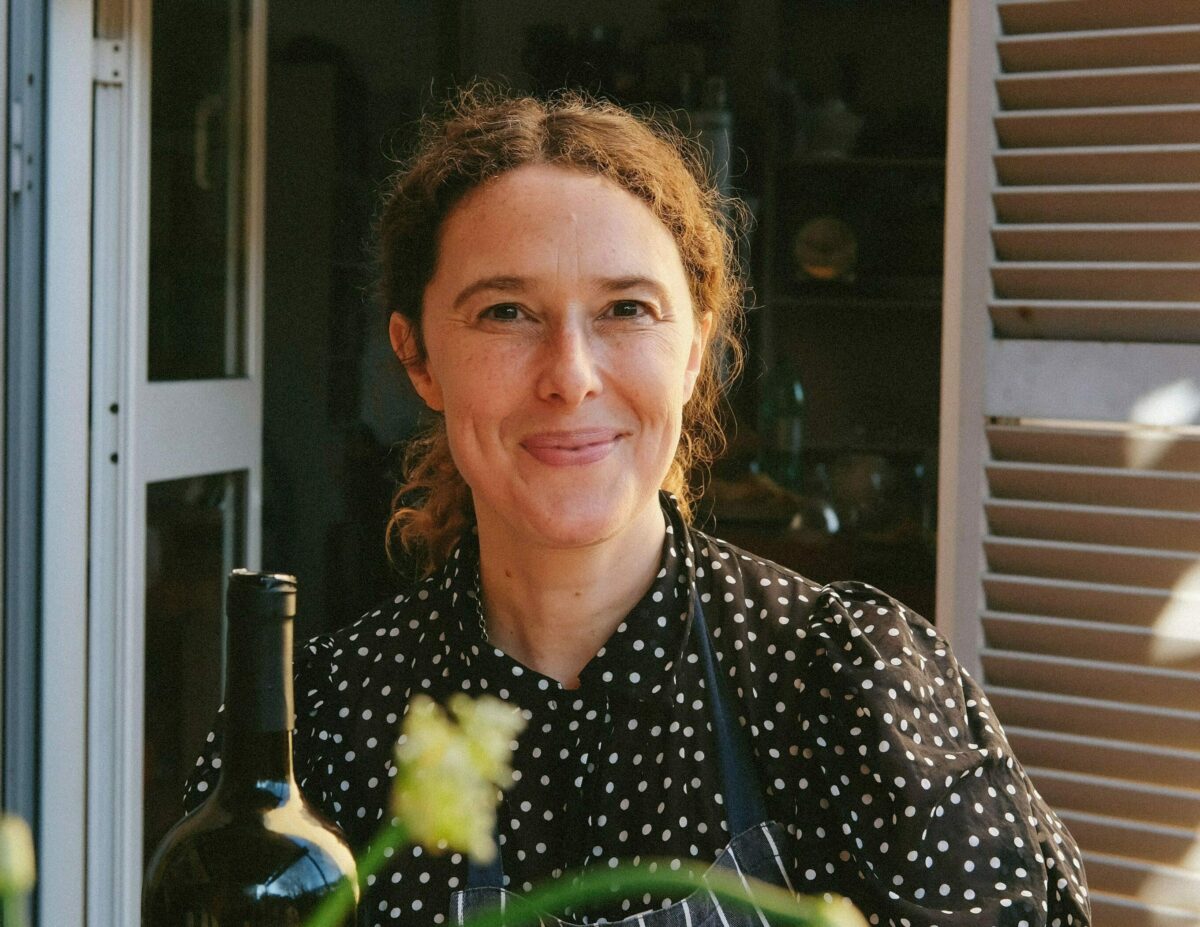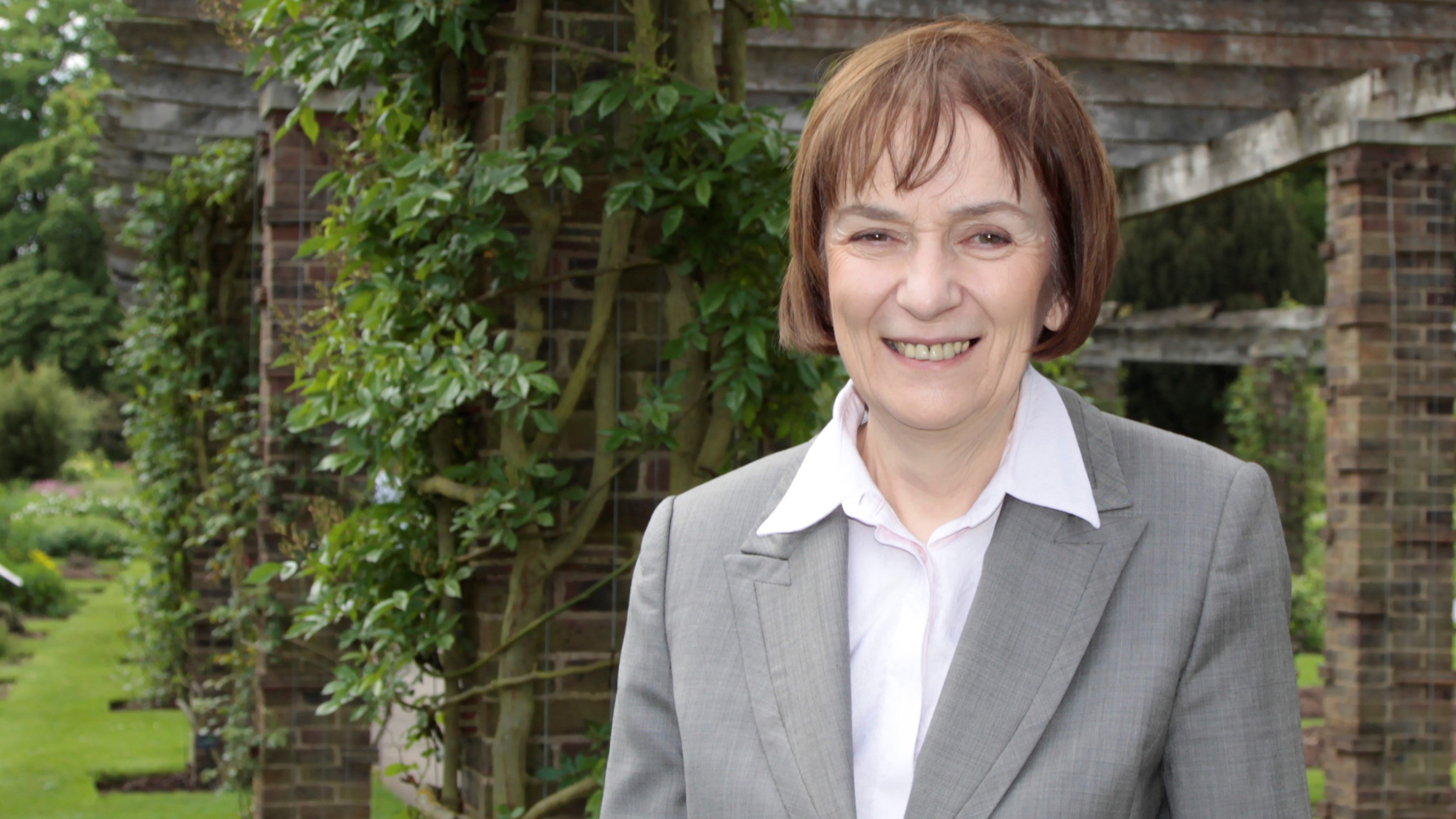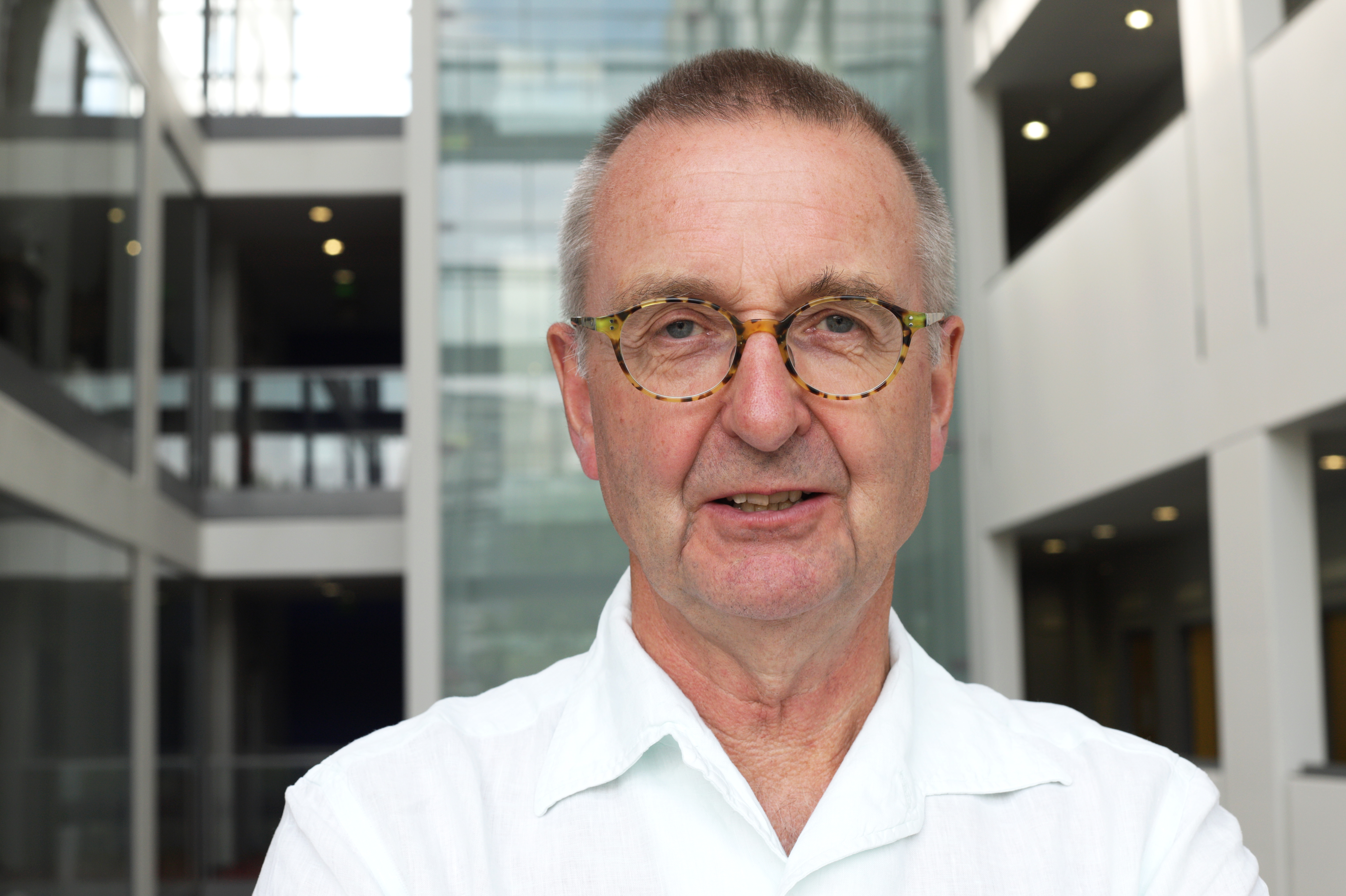Dining Table Tales with… Colin Dennis

Professor Colin Dennis has always been interested in food – both how we create it and how we consume it. He puts it down to his upbringing, describing that it was an immediate feature of the post war farm life that shaped his childhood. Helping out on his grandfather’s farm in Lincolnshire, Dennis describes how everyone was encouraged grow as much food as they could: “You had to produce your own your own milk, your own butter, you had your own eggs. You had poultry, you had pigs. I wouldn’t say we were self-sufficient, but we didn’t struggle for food.”
For the past 50 years, Colin Dennis has been at the forefront of what we eat. First at the Food Research institute, then as CEO of the food technology and science company CampdenBRI and now as Chair of the Board of Trustees of British Nutrition Foundation. “At the moment, I don’t think one could be in a better arena than the food space,” he tells me. “If you think about the problems around the world, in terms of health, in terms of sustainability, of scarcity of resource in terms of land, water, etc. – all of these impact on food supply systems. And I don’t think there’s been a more exciting time for people to be involved in any aspect relating to the food industry or food policy.”
It’s a strong statement coming from a man whose career has spanned Mad Cow Disease, GM foods, the horse meat scandal, and the 1980s salmonella scare – all key moments in
food safety. But the one thing Dennis has picked up throughout his career is the importance of public perception: “I think one of the things I’ve learned, since I retired actually, is that it’s no good trying to just explain the science to everybody, because actually, people don’t make decisions on rational feelings – they make decisions on emotional feelings.”
One of Dennis’s career highlights is during his time at the Institute of Food Technologists in the USA, where he got to work on a documentary called Food Evolution. Narrated by American astrophysicist Neil deGrasse Tyson, the 2016 film looks at the role of well-meaning anti– GMO activists in how we have come to think about the arguments for and against genetically modified food.
Available since the mid-1990s, many are still weary of genetically modified food despite there being no scientific evidence to suggest it’s any more or less dangerous than non-GMO foods. So why are people still adverse to it? Dennis says the absence of consumer choice was at the heart of it: “At the end of the day, it was down to a lack of trust.” That despite there being no evidence the GMO was unsafe and if anything, genetically modified crops had undergone more intensive testing than regular crops, a lack of faith in politicians and science led to a general distrust sewed by high-profile campaigners. And even when they’ve come out to renounce their former beliefs – public misgivings prevail.
Dennis goes on to mention Mark Lynas – a former prominent anti-GMO activist and Greenpeace campaigner featured in Food Evolution. “He stood up at an Oxford farming conference, and actually explained why he changed his position on genetic modification. His thesis was that he’d read and understood the science. And having read and understood the science, he could not see a good reason not to accept it.”
Styles and trends have changed, Dennis says before adding that when he was a child, people weren’t aware of the dangers around consuming too much sugar and fat (“Hindsight is a wonderful thing. Isn’t it?”, he adds.). “If I think back to my childhood diet, it was highly calorific. Lots of sugar, quite a lot of fat, a lot of carbohydrate. But we had no central heating. I was always playing sport. I was always working on the farm. So I burnt off a lot of calories.”
Professor Colin Dennis was clearly fascinated by biological systems and the way thing work in nature from an early age. Helping his grandparent plant and harvest potatoes and slaughter pigs for sausages and pork pies taught him about where food comes from, but it never occurred to Dennis that there was an entire field behind it. “I didn’t even know Food Science existed until I was almost 10 years into my career”, he remarks.
Captain for both the football and hockey teams at school, Dennis represented his home county of Lincolnshire at shot putt, and also neighbouring Norfolk at squash. He describes his teenage self as more sporty than academic – explaining that the style of learning at the time was more focused on memory and learning things by rote than any meaningful interrogation.
It was only we he got to Sheffield University that his interest in science, and particularly the area of research and new innovations, was ignited. “I think it was the people I met at university – the tutors – that really stimulated my interest in experimentation and in exploration,” Dennis explains. “The scientific world was changing. It wasn’t just about facts; it was about the latest information and the interpretation of that information.”
After graduating in 1967 with a degree in Biochemistry, Dennis went on to do his PhD in Mycology – the study of fungi – a subject that heavily influenced the work in the early stage of Dennis’s career.
One of his first big projects was with biochemist Richard Synge, who won the Nobel Prize for Chemistry in 1952 and whom Dennis describes as “an extrovert, in the nicest way”. Working alongside chemists, Dennis discovered the reason why some chickens taste musty is because of a chemical compound found in the wood shavings used for their bedding. “I think it just highlights the fact that food science is very multidisciplinary,” Dennis says. “It’s very rare that you can get one discipline that does everything. It usually relies on the input of all sorts of disciplines, – especially now as we’ve moved forward, getting behavioural scientists you’re getting psychologists involved in food science.”
Working in a field as diverse as food science has meant Dennis often worked alongside a range of fascinating people such as chemists, physicists, microbiologist bacteriologists and plant physiologists and for the second time Dennis worked with a Nobel Prize winner, American agronomist Norman Borlaug, often credited as the father of the green revolution.
The two scientists worked on shortlist for the World Food Prize.
With such an interest in food, it’s no surprise Professor Colin Dennis remembers what Borlaug ate in the morning. “I can still tell you Norman always had oatmeal with strawberries on and some banana and that was his breakfast,” Dennis recalls.


